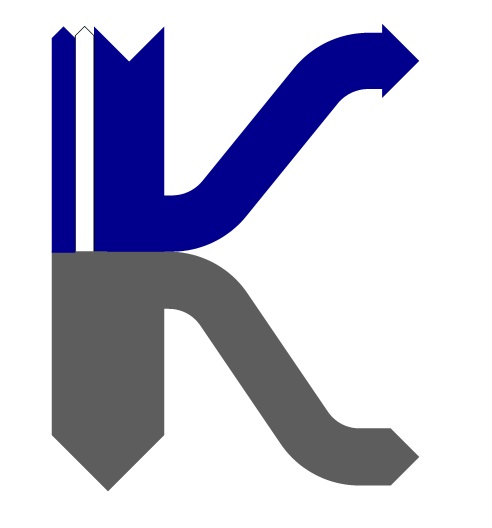Ask the Right Questions
Implementing the best practices in resource management benefits the resource consumer in reduced cost, along with others that are environmentally affected by the production and disposal of resources. Making changes toward the best practices also benefits the design, contracting, and vendors who implement the changes.
Having the best questions to ask, and answers known to decision makers in design and operations is a necessary condition to implementing best practices. For instance for a poorly tuned boiler, someone must know that tuning matters and how to check it, actually check it, get funds approved and
Whereas:
- Best practices of resource use and disposal are good for everyone, when implemented at a rate of return beneficial to the entities that bear the cost of the resource.
- The energy cost is reduced for that company.
- Upgrades and changes may also benefit implementation designers, vendors and contractors.
- Adopted best practices become norms for new design and operations people, creating a better baseline for future work.
- Accepted norms no longer come at a premium for the next facility/process owner, lowering the capital costs of he best practice.
- Pollutant emissions are reduced, with well established health benefits and possible avoidance of catastrophe.
- Minimizing environmental impact passes to future generations more freedom to live how and where they will.
- Best practices are diffusing now through the excellent work of many stakeholders including consultants, standards organizations, in-house sustainability teams, innovative contractors, and manufacturers. However, global experience shows that the adoption rate can be greatly improved as almost every energy consultant can attest, there is much work to do.
- BP get implemented best in new construction, but the existing stock
- Most of the work of implementing BP requires education of owners,
- OpEx in generally the best economic choice, to be done before CapEx is considered.
- Both OpEx and CapEx changes generally require significant fact-finding.
- A large amount of the fact-finding work can be taken on by maintenance technicians, whether inside or outside contractors.
- Complete scorecard - when to stop.



Agitation flow is less than process-required flow in this case; the process only occurs during roughly (10) 90-second dips per day. The remaining time can have reduced pump speed.